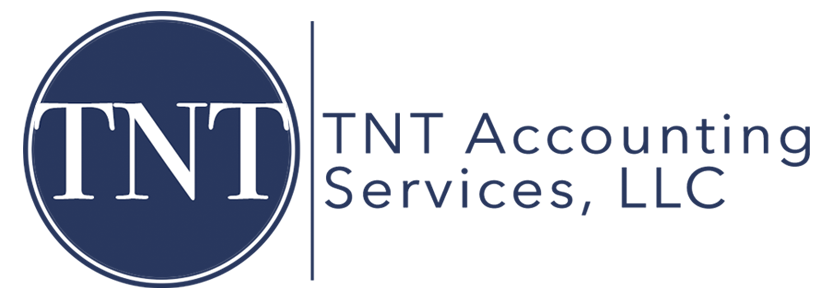As a small business owner, planning for retirement is a crucial aspect of financial security, not just for you but also for your employees. Establishing a retirement account for your business can offer significant tax benefits and help attract and retain top talent. Let’s delve into the various retirement account options available to small businesses.
401(k) Plans: The Flexible Choice for Growing Businesses
A 401(k) plan stands out as a robust retirement solution, offering employees the chance to allocate a portion of their salary to the plan before taxes. For employers, contributing to your employees’ 401(k) can enhance your benefits package, with options for matching contributions adding to its appeal. The higher contribution limits and flexibility make 401(k) plans an attractive option, particularly for larger small businesses.
SEP-IRA: Simplicity for the Self-Employed and Small Teams
The Simplified Employee Pension (SEP) IRA is designed for ease of use, allowing employers to make tax-deductible contributions directly to their employees’ retirement funds. With immediate vesting and contributions calculated as a percentage of each employee’s compensation, SEP-IRAs are a straightforward choice for small businesses looking for low administrative overhead.
SIMPLE IRA: Streamlined Savings for Small Enterprises
A Savings Incentive Match Plan for Employees (SIMPLE) IRA empowers employees to save for retirement through pre-tax salary contributions. Employers are then required to contribute as well, either through matching or non-elective contributions. The SIMPLE IRA’s ease of setup and minimal administrative requirements make it a go-to for small businesses.
Defined Benefit Plan: Tailored for High Earners Nearing Retirement
The defined benefit plan offers a guaranteed retirement benefit, determined by factors like age, salary, and years of service. While more complex to administer, this plan can be particularly advantageous for businesses with high-income owners or employees approaching retirement, providing a stable income stream in their golden years.
Profit Sharing Plan: Aligning Retirement with Business Success
A profit sharing plan allows employers the discretion to contribute to their employees’ retirement based on the company’s profitability. This plan can be structured to contribute a percentage of each employee’s compensation or a fixed dollar amount, offering flexibility for businesses with fluctuating profits.
These retirement account options are just the tip of the iceberg when it comes to planning for your and your employees’ future. If you’re considering setting up a retirement plan for your business or have questions about the potential tax advantages, don’t hesitate to reach out. We’re here to assist you in evaluating your options and finding the best path forward for your business’s unique needs.

